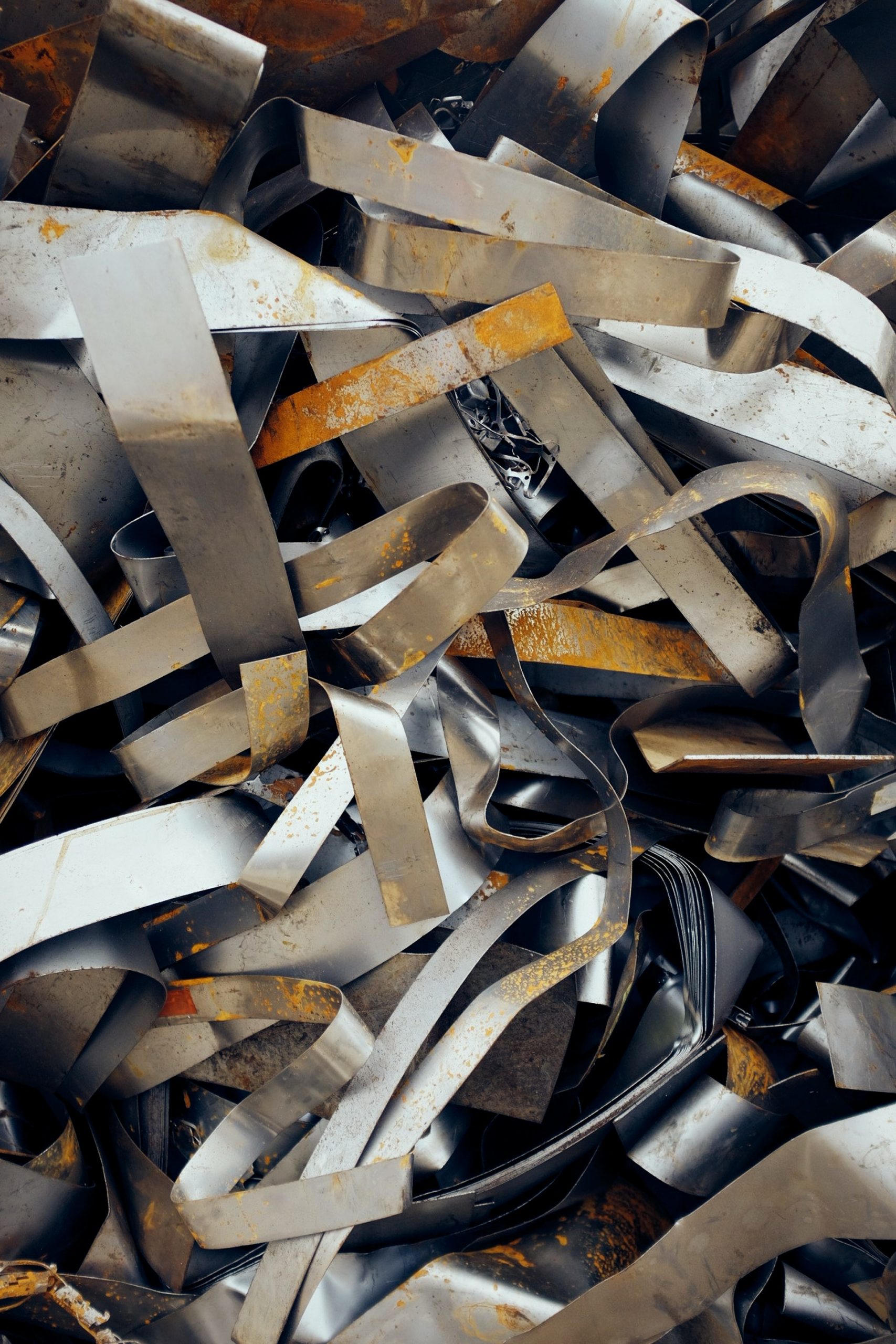Domestic ferrous scrap prices in Northern Europe remained largely stable month on month in October, as export demand supported pricing despite relatively soft domestic mill demand, sources told S&P Global Commodity Insights Oct. 10.
In Northern Europe, the Platts assessment for domestic shredded scrap was at Eur360/mt delivered to the mill Oct. 10, unchanged month on month.
“Demand remained quite OK, with no big decreases or changes,” one European mill source said. “On the supply side, [domestic] availability was limited due to focus of the suppliers on export, which has been supported by the weak euro versus the US dollar.”
Platts assessed the euro at $0.9686 Oct. 10 at 4:30 pm London time, down from $0.9834 at the beginning of the month.
Market sources cited workable levels between Eur355-365/mt delivered to the mill in Northern Europe.
Firm bulk ferrous scrap demand from India and Bangladesh, as well as recent restocking from Turkish mills, usually the largest volume importers of bulk seaborne scrap cargoes, has maintained domestic scrap prices in mainland Europe at relatively stable levels over the past three months.
Platts assessed Turkish bulk imports of premium heavy melting scrap 1/2 (80:20) Oct. 10 at $372/mt CFR, up from $354.50/mt CFR a month ago on Sept. 9.
In September, the Platts Northern Europe domestic shredded scrap index was at $352.33/mt delivered in US dollar terms, while the Platts weekly shredded scrap bulk export Rotterdam index was at $359.50/mt FOB Oct. 7.
This meant domestic shredded scrap sat $7.17/mt below export prices Oct. 10.
Platts’ assessment for Southern European shredded scrap was at Eur357.50/mt delivered to the mill Oct. 10, down from Eur362.50/mt delivered in September.
One Italian long steel producer had targeted shredded scrap around Eur340/mt delivered during the week started Oct. 4, but toward Oct. 10, indications largely ranged within the Eur350-360/mt delivered range as Italian domestic scrap demand slowly recovered.
Domestic Italian steelmakers resumed crude steel production in Italy, helped by the Aiuti-ter decree issued by the Italian government to help ease some costs of energy-intensive companies such as steelmakers and large rerollers, allowing some to restart production at the beginning of October, following a number of stoppages over August and September.
The Aiuti-ter decree grants energy-intensive companies a tax credit equal to 40% of their expenditure for the energy they purchase and effectively use in October and November 2022.
Most Italian steelmakers have also welcomed news that the European Commission was considering options for a possible EU-wide energy price cap, but no agreement has been reached among EU member states regarding what shape any such price cap mechanism could take.
In Spain, recyclers considered Eur360/mt delivered for shredded scrap as workable, down from around Eur370/mt delivered one month earlier, with domestic mill scrap demand estimated to be only at 65% versus a normal October.
— Viral Shah, Annalisa Villa






